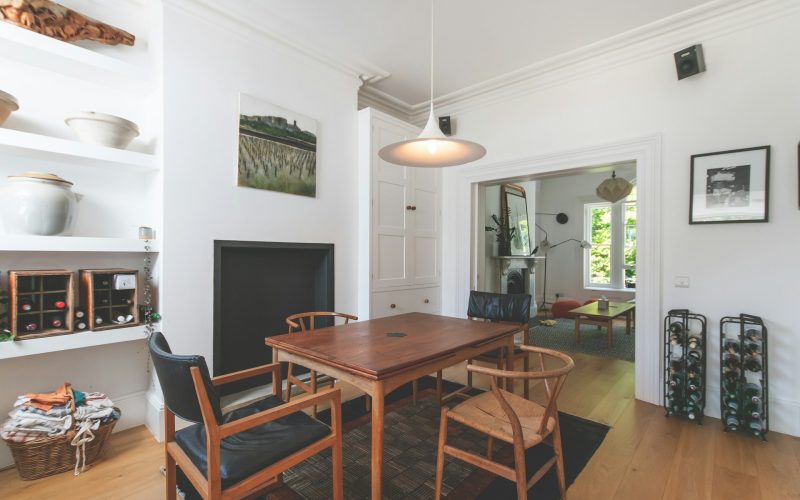When it comes to determining the value of a property, a variety of factors come into play, reflecting both the physical attributes of the home and external influences. Whether you’re buying, selling, or simply curious about your property’s worth, understanding these elements is essential. In this article, we explore the top five factors that influence property valuation UK, helping you make informed decisions.
1. Location, Location, Location
Arguably the most critical factor in property valuation is the location. The age-old real estate mantra holds true: properties in prime locations command higher values. Proximity to amenities such as schools, hospitals, shopping centres, and public transport can significantly enhance a property’s desirability.
Moreover, neighbourhood characteristics such as safety, cleanliness, and community vibe also play a part. In the UK, properties in cities like London, Manchester, and Edinburgh often have higher valuations due to their strong economic activity and cultural appeal. Conversely, rural areas, while tranquil and picturesque, may see lower valuations unless they boast excellent connectivity or unique features.
2. Property Size and Layout
The size of a property is another major determinant of its value. Typically measured in square footage, larger properties tend to have higher valuations as they offer more living space. However, it’s not just about size—layout matters too.
For example, a well-designed three-bedroom house with an open-plan kitchen and ample storage will often be valued higher than a larger but poorly designed property. The number of bedrooms, bathrooms, and functional spaces like home offices can also influence the overall valuation. In an era where remote work is increasingly common, a home office or adaptable space can add significant value.
3. Condition and Age of the Property
The overall condition of a property heavily influences its valuation. A well-maintained home with modern fittings, a sturdy structure, and no visible issues will naturally attract a higher valuation. Conversely, properties that require extensive repairs or renovations often see their value diminish.
The age of a property also plays a role. Older properties, especially those with historical or architectural significance, can be highly valued. However, this is contingent on their upkeep and the potential costs of restoration. Meanwhile, newer homes often have higher valuations due to energy efficiency, modern designs, and reduced maintenance requirements.
4. Market Trends and Demand
The broader real estate market significantly impacts property valuation in the UK. During periods of high demand, property values often increase, reflecting buyer competition. On the flip side, in a sluggish market or economic downturn, valuations may dip.
For example, regional trends can lead to varying valuations. A surge in demand for countryside properties during the pandemic, driven by the desire for larger homes and green spaces, saw prices rise in less urbanised areas. Monitoring these trends and timing your sale or purchase accordingly can make a significant difference.
5. Energy Efficiency and Sustainability Features
With growing awareness of environmental issues, energy efficiency has become a key factor in property valuations. Homes with high Energy Performance Certificate (EPC) ratings or features like double-glazed windows, solar panels, and efficient heating systems are increasingly valued higher.
Buyers are willing to pay a premium for properties that promise lower utility bills and reduced environmental impact. In the UK, where energy costs have been rising, such features are not just a bonus—they’re becoming essential for many buyers.
Final Thoughts
The value of a property isn’t determined by a single factor but by a combination of these influences. By understanding the key drivers of property valuation in the UK, homeowners can make strategic improvements to enhance their property’s worth, while buyers can evaluate potential investments more effectively.
Whether you’re preparing to sell, remortgage, or simply curious about your property’s market standing, considering these factors can provide clarity and confidence in your decisions. If in doubt, consulting a professional valuer ensures you get an accurate and reliable assessment.
Ready to explore the value of your property? Reach out to a trusted valuation expert to get started today!









